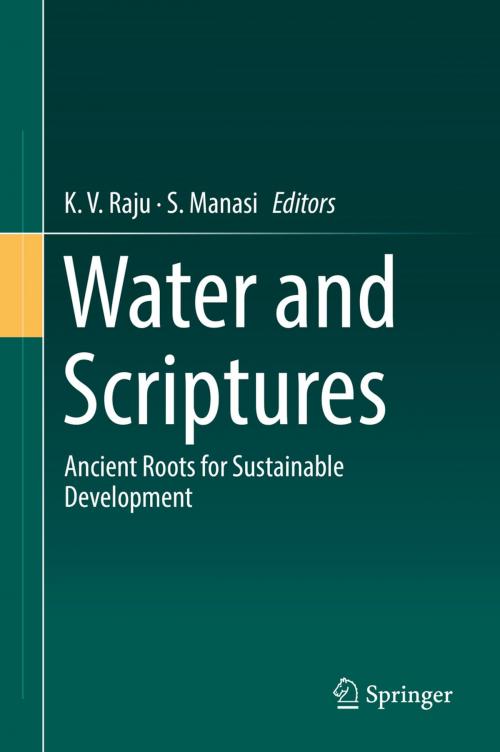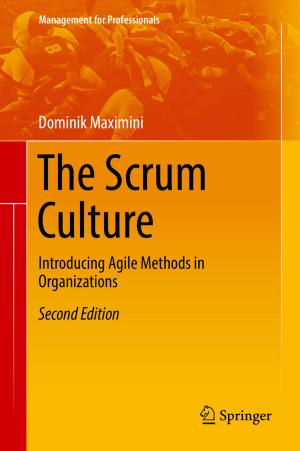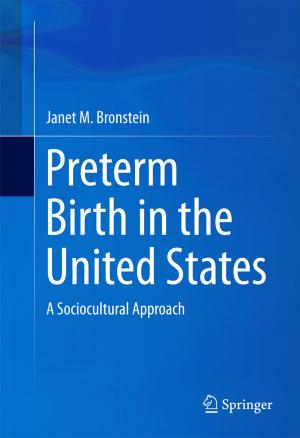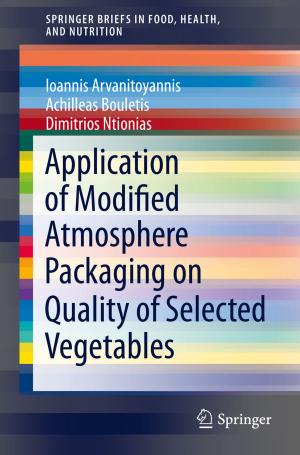Water and Scriptures
Ancient Roots for Sustainable Development
Nonfiction, Social & Cultural Studies, Social Science, Sociology, Marriage & Family, Science & Nature, Science, Biological Sciences, Environmental Science, Nature| Author: | ISBN: | 9783319505626 | |
| Publisher: | Springer International Publishing | Publication: | May 4, 2017 |
| Imprint: | Springer | Language: | English |
| Author: | |
| ISBN: | 9783319505626 |
| Publisher: | Springer International Publishing |
| Publication: | May 4, 2017 |
| Imprint: | Springer |
| Language: | English |
This collection of papers aims to draw lessons and apply indigenous knowledge, wisdom and cultural traditions to suit policy contexts describing the (a) role of individuals (b) communities, and (c) the state to ensure effectively manage water resources. Readers will discover ways in which water was conceptualized, conserved and managed. Contributions will also shed light on the historical, functional and futuristic perspectives of water resources management, and readers will be able to draw lessons and evolve policy guidelines.
There are some studies related to scriptures across religions and their perceptions regarding ecological conservation. However, religious studies and their socio-economic and environmental relevance to society, more specifically to the current policy contexts, are limited. This book attempts to bridge this gap, in terms of learning lessons from the past to effectively address the challenges of the present and future. The book will be useful for historians and research scholars studying the place of water in different cultures, water pricing and water sharing; as well as ecologists and environmental scientists.
This collection of papers aims to draw lessons and apply indigenous knowledge, wisdom and cultural traditions to suit policy contexts describing the (a) role of individuals (b) communities, and (c) the state to ensure effectively manage water resources. Readers will discover ways in which water was conceptualized, conserved and managed. Contributions will also shed light on the historical, functional and futuristic perspectives of water resources management, and readers will be able to draw lessons and evolve policy guidelines.
There are some studies related to scriptures across religions and their perceptions regarding ecological conservation. However, religious studies and their socio-economic and environmental relevance to society, more specifically to the current policy contexts, are limited. This book attempts to bridge this gap, in terms of learning lessons from the past to effectively address the challenges of the present and future. The book will be useful for historians and research scholars studying the place of water in different cultures, water pricing and water sharing; as well as ecologists and environmental scientists.















